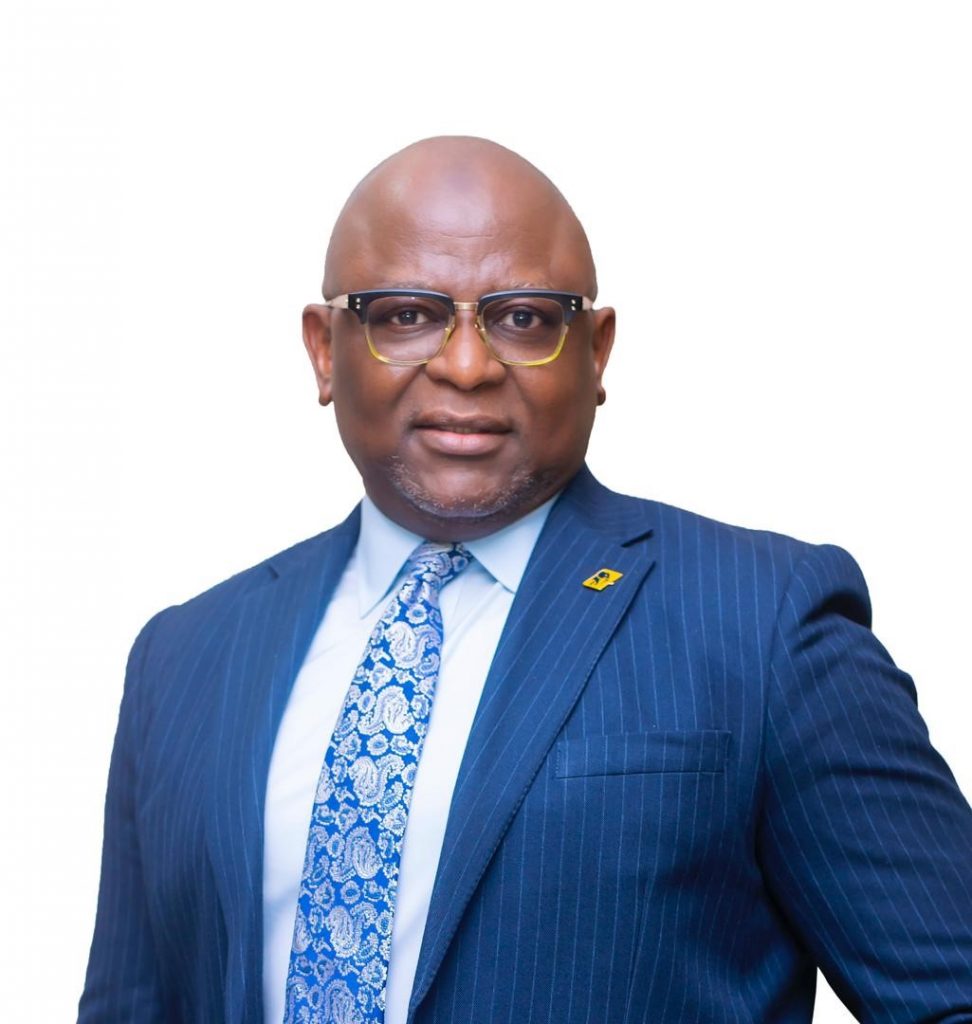 By Segun Adams
By Segun Adams
As the coronavirus pandemic forces firms to downsize and cut their wage cost to cope with the adverse economic realities, First Bank of Nigeria Limited (FirstBank) is bucking the trend with a different approach that puts its staff first, writes Segun Adams.
In a pandemic year where employees are agreeing to pay cuts to keep their jobs and businesses are either downsizing or simply liquidating, First Bank of Nigeria Limited is an outlier, taking an unusual approach to demonstrate how organisations can still ensure the best outcomes for both employer and employees.
The first-tier lender last Friday promoted a crop of its staff across all levels in a rare show of corporate resilience in the banking industry and beyond, both locally and across the borders.
According to FirstBank, keeping staff motivated during these unprecedented times is not only crucial for the soul of businesses, but it also demonstrates corporate responsibility.
In the wake of the new coronavirus pandemic, there have been unprecedented layoffs across the world as companies went bust, unable to generate cash to sustain their operations.
The United States, the world’s biggest economy has recorded a historic rise in unemployment with over 45 million initial unemployment claims in the last three months.
In Britain, HSBC, a giant global bank, is reviving plans for a 35,000 job cut due to pre-existing problems thought to have been worsened by the pandemic. Big banks like Morgan Stanley, Deutsche Bank, Citigroup, Barclays, Société Générale among others have announced about layoffs exceeding 60,000 jobs.
In Nigeria, 38% of the workforce was jobless in April due to the virus and lockdowns, the National Bureau of Statistics (NBS) estimates. In the MSMEs sector, 50,000 jobs were lost and 10,000 businesses have shut down according to Auwal Bununu Ibrahim, the National Vice President, North Central of the National Association of Small and Medium Enterprises, (NASME) and in the Aviation industry, some 24,000 jobs were lost as of April.
While banks in the country have been barred by the Central Bank of Nigeria (CBN) from laying off staff without regulatory approval, there is no obligation for banks to implement promotions or raise pay. In fact, most lenders have initiated pay cuts to cope with the excess capacity arising from skeletal operations and depressed levels of economic activities in the economy which is reeling from the coronavirus and lockdown shocks.
But against the odds, FirstBank promoted its staff and didn’t cut down salaries.
In a recent article, Forbes stated that the manner in which firms treat their employees during the ongoing health and economic crisis will not only be remembered for years to come but have a direct effect on their productivity going-forward.
“How businesses respond will have a lasting impact on employee behaviour including, engagement, productivity and loyalty,” the American business magazine noted.
Hertzberg’s Two-Factor Theory also known as dual-factor theory postulates that career progression is a motivating factor for employees to work harder.
As the coronavirus pandemic continues to take a toll on the mental health and focus of employees in the country, and across the world, due to uncertainty of job status, lower income and a disruption to their career development, FirstBank stands out as a safe and rewarding place to work.
The stability and confidence enjoyed by the bank’s staff are the vital environment human resources experts say is necessary for firms that will successfully navigate the tides of current realities.
In a recent BusinessDay Webinar, Nkemdilim Begho, CEO, Future Software Resources Limited advised that businesses can engage their team and see how they can help in creating new ideas and products that the company can deliver. The resultant effect will be greater efficiency of staff and innovation whereas, elsewhere organizations are bound to struggle with a demotivated workforce which could lead to inefficiencies and higher costs for the businesses with adverse implications for bottom-line.
To realise optimal human resources contributions, Begho acknowledged the need for firms to sustain team bond and ensure that morale of their staff is high.
Even before current events, FirstBank has always proven to be conscious of the impact a stimulating and rewarding environment can have on the overall employee performance and thus, provided value accretion to shareholders, customers and other stakeholders.
From its competitive remuneration across cadres including mid-level and senior-level employees to benefits that cover medical insurance and disability insurance, sick leave and vacation, and retirement options, FirstBank puts its workforce first ensuring that they are well motivated and equipped to deliver higher productivity.
FirstBank has featured on some of the best workplace rankings including A Great place to Work and Jobberman. Last year, the big bank ranked among the Jobberman 2019 best 100 companies to work for in Nigeria, a list that scrutinizes over 60,000 companies to pick the best 100 based on strict metrics. The bank has enjoyed positive reviews from credible job/career sites like Indeed where it banks a 4.1/5 positive rating.
A former employee of the bank Aderemi Adebiyi commended the institution for its keen interest in the welfare and career progression of its employees. “I worked in the Bank for 15 years and do not regret it. It’s fast-paced, performance-driven with varied streams of career development,” Aderemi said. “The company also offers paid trainings.”
FirstBank’s talent management strategy is aimed at supporting employee engagement, employee motivation and increased productivity, and leadership development across all levels of employees within the organization, according to its website. As a tenet of career development, FirstBank has devoted itself to creating a culture of continuous learning tailored to the needs and aspirations of the employees and the business itself.
The bank’s FirstAcademy and learning centres strategically located around the country allows for e-learning, mobile learning, physical classrooms and virtual libraries to allow all employees the opportunity to equip themselves for future roles that benefit both them and the organization. This means pandemic or not, learning is continuous and uninterrupted.
FirstBank also prides itself as an equal opportunity employer so that qualified persons irrespective of gender, culture, age, nationality, sexual orientation, disability or social background can participate in its business.
At the same time, FirstBank remains a performance-driven organization and merit-based, allowing individual talents to be rewarded for their hard work and contribution to overall organisational goals.
With people as one of the bank’s greatest assets, it strives to maintain a pool of multi-skilled and well-rounded employees relying on initiatives like Job Shadowing, Coaching, Counselling, Mentoring, Succession Planning and Career Maps to develop and retain talents at all levels of the organisation’s operations.

 News Thumb Magazine ..news reporting..
News Thumb Magazine ..news reporting..


